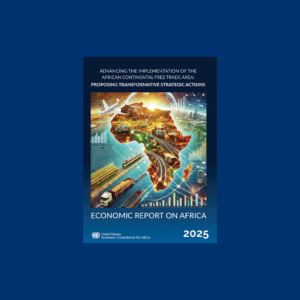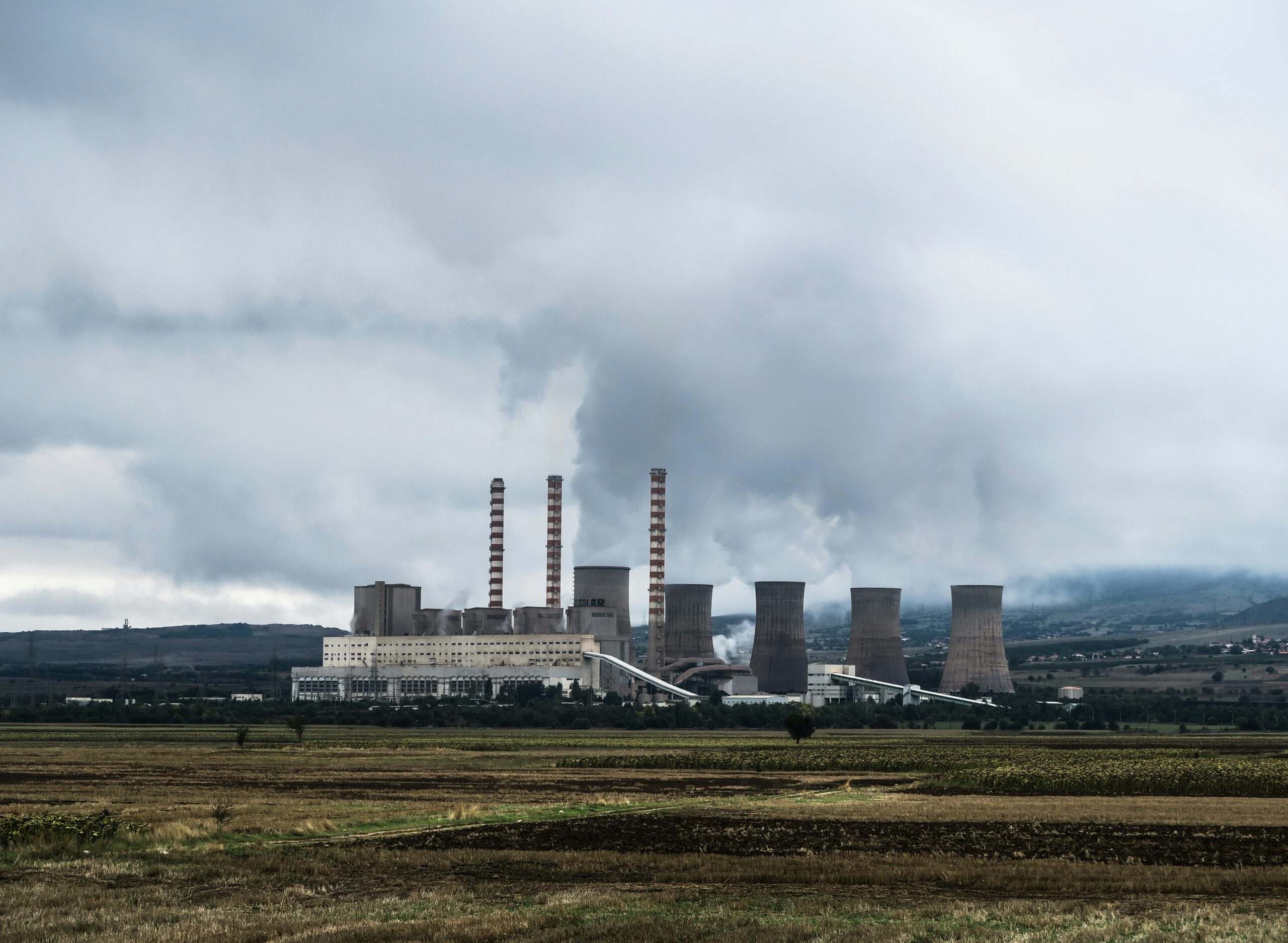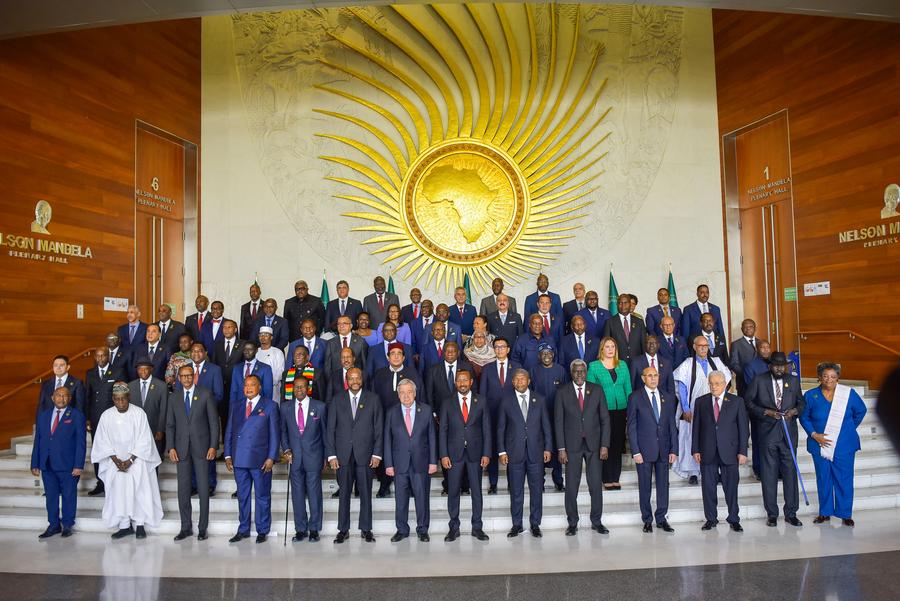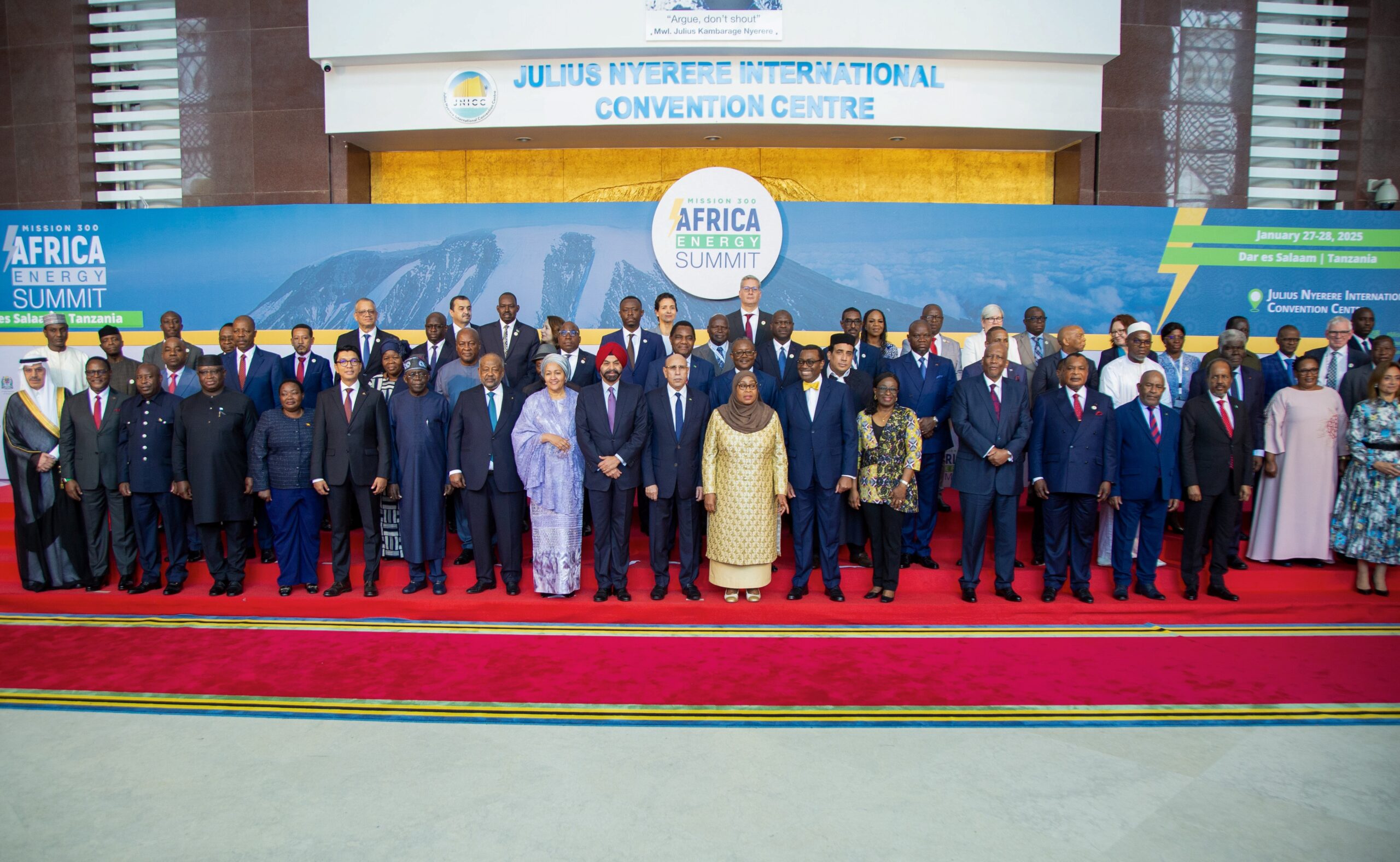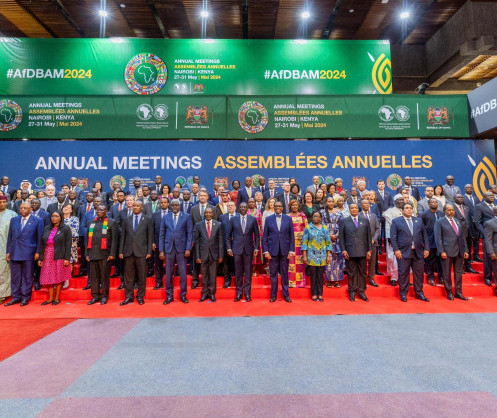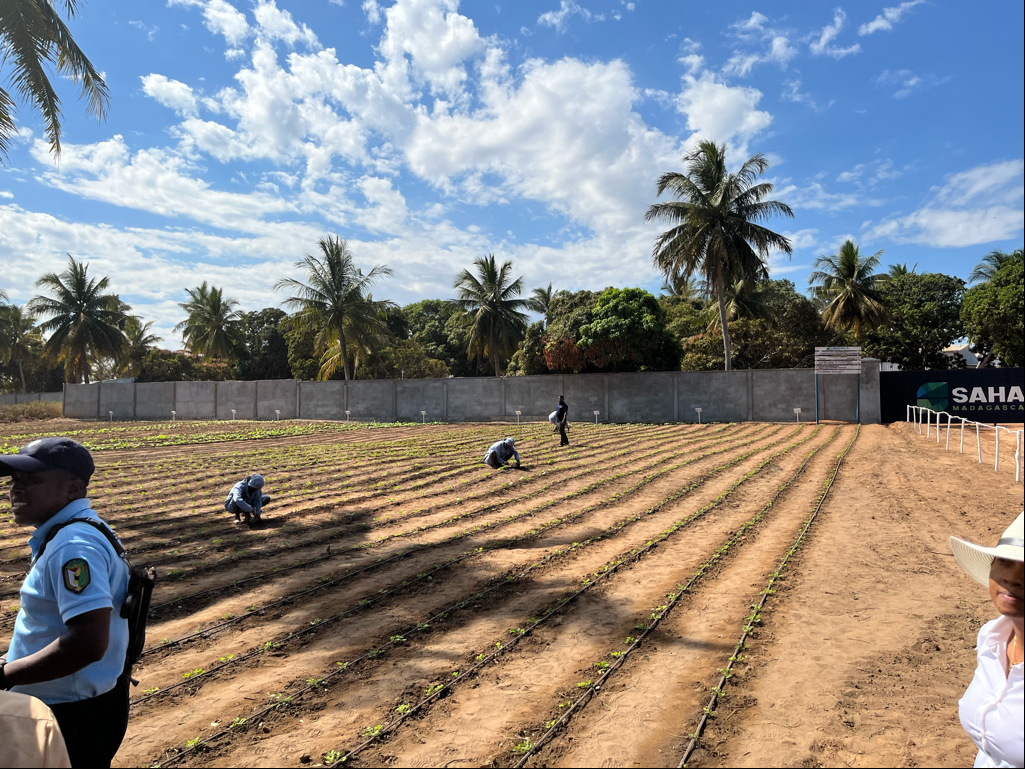Developing countries, including many in Africa – which are least responsible for causing climate change but among the most vulnerable to its impacts – will feel the brunt of the climate crisis. In fact, the ten most climate-vulnerable countries in the world are all African.

(Source: Mo Ibrahim Foundation, 2022)
Many people living in these regions are already being affected. This year, for example, we have seen severe droughts on both sides of the African continent. These increasing extreme weather events will expose millions of people to acute food and water insecurity.
The climate emergency is also having a profound impact on businesses in these countries. For example, 68 per cent of respondents to British International Investment’s (BII) Emerging Economies Climate Report said climate change is already affecting their business. The report, which surveyed senior executives working across our portfolio of companies and funds in Africa, provides some stark insights into how businesses are being increasingly affected by the impacts of climate change.
For example, 39 per cent of respondents in Africa have been impacted by flooding, while 23 per cent have been affected by drought. Perhaps surprisingly, however, while flooding is what is being experienced the most, in terms of concerns about the physical risks from climate change to African businesses, it is drought and water stress that comes out on top.

Participants’ responses to the question: ‘What do you deem the biggest physical climate risk to your organisation?
Concerns about the impact the climate crisis will have on business growth and viability are also high in Africa. On a scale of 1 to 10, where 1 is not at all concerned and 10 is very concerned, 74 per cent of respondents ranked their concern that it could impact their ability to grow their business greater than 5, indicating that they are more than somewhat concerned.

Participants’ responses to the question: ‘On a scale of 1 to 10, how much do you think climate change will impact your plans to grow your business (or investment portfolio) over the next 10 years? Where 1 is not at all and 10 is substantially’
Responding to a similar question on business viability, 58 per cent of respondents in Africa said they are more than somewhat concerned (a score of greater than 5) that climate change could impact their organisation’s viability.
The climate crisis is already having a significant impact on businesses in Africa and leaders are clearly concerned about the effect it will have in future too. However, there are also many signs of positive action being taken. For example, we have seen an increase in the number of companies adapting their financial strategy or planning because of climate change. 70 per cent of respondents in Africa said they are looking at their business strategy as a result of the crisis, while 53 per cent said it is influencing their financial planning.
To support green economic transformation on the continent, business leaders called for more practical guidance in addition to capital. Such initiatives will be critical to enable African economies to transition to net-zero and become more resilient to climate risks.
This article is republished from Africa Climate Conversation.




